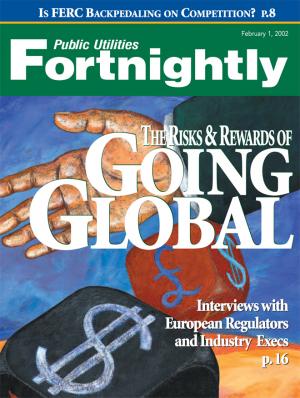U.S. firms top the list of prospects.
It might seem counterintuitive. Especially in the wake of the Enron debacle and the California crisis, the resulting tight regulatory environment, and unfavorable predictions of oversupply markets that overseas companies looking for greater financial returns would be excited to invest in U.S. energy assets.

But according to George A. Schreiber Jr., chairman-global power, at investment bank Credit Suisse First Boston's Global Energy Group, "It was probably in the late summer that the level of interest picked up dramatically. Also, the dollar was somewhat weaker, which made [U.S. energy] assets more attractive."
Schreiber says his European clients have been asking lots of questions about regulatory reviews, federal and state approval procedures, and about nuclear ownership by foreign companies.
Europeans believe that if they can achieve 12 to 14 percent on equity-with earnings growing at 8 to 10 percent-that would be attractive, Schreiber says.
In addition, because Europeans typically look at investments over a 15 to 25 year time-horizon, short-term events such as the California crisis and the recent credit tightening in the merchant sector are not going to change their plans. Nor will it speed up or slow down the dialog, say analysts.

